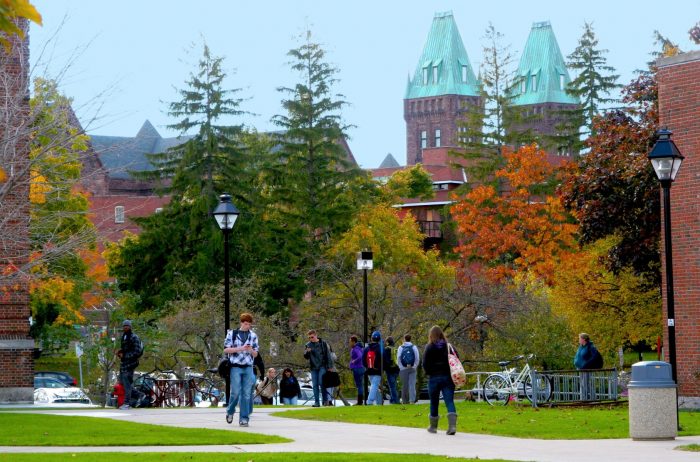By Daniel Dunaief

A friend who is the same age as I am recently and suddenly died, leaving behind a wife and two daughters in college who are the same age I was when my father died.
I feel like I’m at the center of a prism, with light bouncing out in so many directions that it’s difficult to track each path.
I am devastated for my friend. I know he will miss many of the same things my father never got to experience. He won’t see his daughters graduate from college, develop their careers, and enjoy learning about themselves through relationships.
He also won’t get to wake up another morning and see his wife’s smile, make plans for the day, and make the kinds of decisions we take for granted, like where to go on vacation, whom to see over the weekend, what friend to call and visit, or how to brighten someone else’s day.
I knew him as a dedicated father, who beamed when he spoke of his twin daughters. Unlike so many other parents whose children play sports, he didn’t need his daughters to be superstars. His joy mirrored theirs.
I’m sorry for his wife, too, who shared two decades of experience with him and their two children. She went from being in an empty nest to being in an empty house in 18 months. Everywhere she looks, she will see reminders of her husband and the life they shared.
I relate to his daughters. I know how strange it is to be in college, surrounded by friends who suddenly don’t know what to say to them. If friends ask the girls how they are doing, will they tell them, leaving many of their friends without the tools, experience or words to respond?
Death leaves a hole in our lives. The friends they have in college, like mine decades ago, may not know about that hole and may not have even met the man missing from the center of their lives.
A week after I buried my father, I was back at school, finding it difficult to concentrate or even to care about upcoming exams or responsibilities.
When I told a math professor about my loss, he went out of his way to tutor me, to ask me how I was, and to be patient, waiting for me to tell him when I was ready to take a midterm. He arranged for me to take an exam on my own. He made a point of looking for me after each lecture. I appreciated the support and, yet, I felt so weak and angry that I needed it.
I remember the first horrifying moment I didn’t feel the weight of the loss of my father. I was wracked with guilt. What kind of son was I that I had, even for a moment, neglected to mourn?
I also recall the first person I met in those turbulent few weeks who didn’t know my story, who treated me like everyone else and who didn’t say she was sorry for my loss. We had the closest thing to a normal evening, which, at that time, was extraordinary.
In the weeks, months and years ahead, my friend’s daughters will remember the great moments with their father. They will look back at their idyllic childhoods and remember the mom and dad who made that possible.
In the days ahead, however, they will feel a flood of emotions and have a range of thoughts. I hope that they find the kind of peace that comes from appreciating what they had and knowing that, no matter how much they might feel this way, they are not alone and that others share their experiences and care for them.





